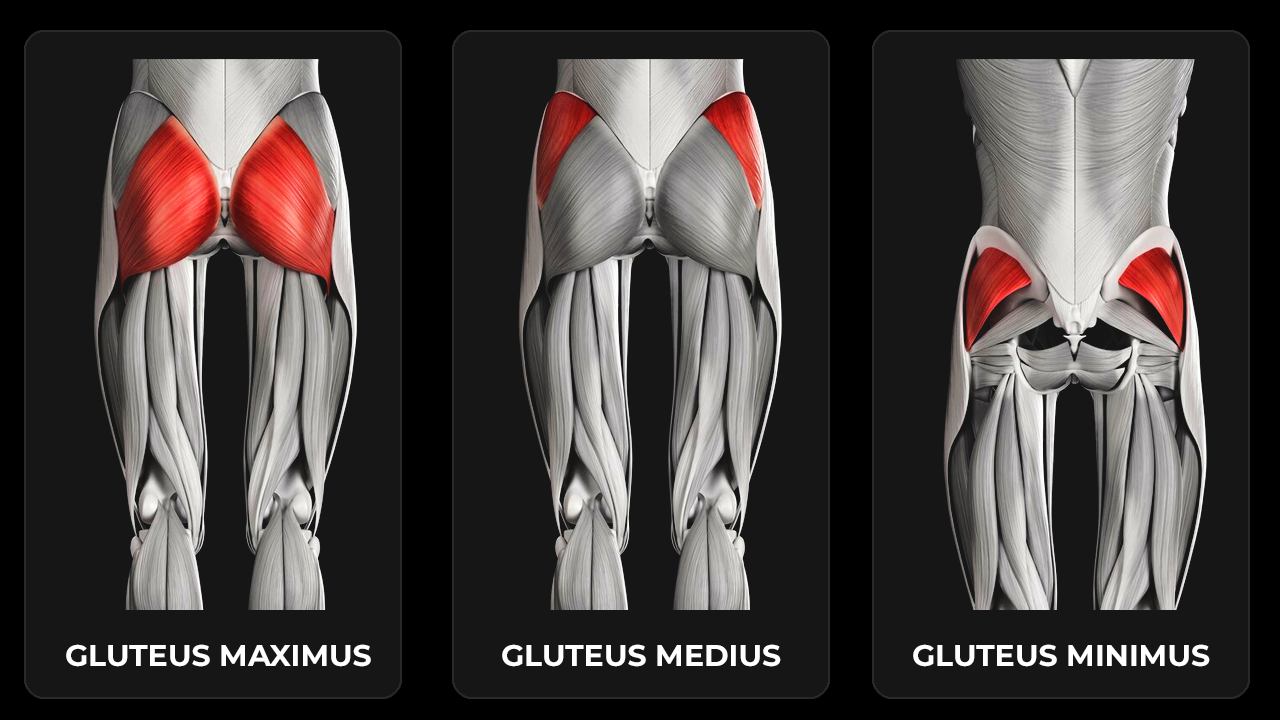Arkansas Pelvic Health is dedicated to providing specialized care and support for individuals facing pelvic health issues in the state of Arkansas.
If you’re experiencing discomfort or issues related to your pelvic region, you’re not alone. Pelvic health problems affect millions of people worldwide, impacting their quality of life and overall well-being. In Arkansas, individuals facing such concerns can find solace in specialized pelvic health services tailored to address their unique needs.
Understanding Arkansas Pelvic Health Issues
Pelvic health encompasses a wide range of conditions that affect the organs and structures within the pelvic area. From urinary incontinence to pelvic pain disorders, these issues can significantly disrupt daily life, causing discomfort, embarrassment, and emotional distress.
Common Problems
Conditions such as pelvic organ prolapse, endometriosis, and pelvic floor dysfunction are prevalent among individuals of all ages. Women, in particular, may experience pelvic health issues due to pregnancy, childbirth, and hormonal changes.
Impact on Daily Life
The symptoms of Arkansas Pelvic Health issues can manifest in various ways, including pain during intercourse, urinary urgency, and bowel dysfunction. These challenges not only affect physical health but also impact mental well-being, leading to anxiety, depression, and social isolation.
Arkansas Pelvic Health Services
Recognizing the importance of specialized care, Arkansas offers a range of pelvic health services aimed at addressing these sensitive concerns with compassion and expertise.
Importance of Specialized Care
Seeking assistance from healthcare providers specializing in pelvic health is crucial for accurate diagnosis and effective treatment. These professionals possess the knowledge and experience needed to address the intricacies of pelvic conditions and provide personalized care.
Available Treatments
Arkansas pelvic health services encompass a comprehensive approach to treatment, including medication, physical therapy, and surgical interventions. By tailoring treatment plans to individual needs, healthcare providers strive to alleviate symptoms and improve patients’ quality of life.
Choosing the Right Pelvic Health Specialist
Selecting the right Arkansas Pelvic Health specialist is a pivotal step towards finding relief and reclaiming control over one’s health.
Factors to Consider
When choosing a pelvic health specialist, consider factors such as their experience, credentials, and approach to patient care. Look for providers who prioritize open communication, empathy, and patient education.
Questions to Ask
Before committing to treatment, don’t hesitate to ask questions about the proposed plan, potential side effects, and expected outcomes. A transparent and collaborative relationship with your healthcare provider is essential for achieving successful results.
The Role of Physical Therapy
Physical therapy plays a significant role in pelvic health management, offering non-invasive techniques to address musculoskeletal issues and promote overall wellness.
Read More: Aladtec Denver Health: Revolutionizing Healthcare Scheduling
Pelvic Floor Exercises
Pelvic floor exercises, such as Kegels and biofeedback training, strengthen the muscles supporting the pelvic organs, reducing symptoms of urinary and fecal incontinence.
Rehabilitation Techniques
Physical therapists utilize manual therapy, therapeutic exercises, and relaxation techniques to address pelvic pain and dysfunction, restoring mobility and function.
Preventive Measures for Pelvic Health
In addition to seeking treatment for existing issues, adopting preventive measures can help maintain pelvic health and minimize the risk of future complications.
Lifestyle Changes
Maintaining a healthy weight, practicing good hygiene habits, and avoiding smoking can contribute to pelvic health and overall well-being.
Regular Check-ups
Scheduling routine check-ups with a pelvic health specialist allows for early detection of potential issues and prompt intervention, preventing the progression of symptoms.
Support and Resources for Pelvic Health
Living with pelvic health issues can be challenging, but you’re not alone. Arkansas offers various support groups and educational resources to empower individuals and their families.
Support Groups
Joining a support group provides a platform to connect with others facing similar challenges, share experiences, and access valuable information and emotional support.
Educational Materials
From online resources to community workshops, Arkansas offers a wealth of educational materials to help individuals understand pelvic health issues, treatment options, and self-care strategies.
Conclusion
Arkansas pelvic health services strive to empower individuals to take control of their pelvic health and live life to the fullest. By offering specialized care, support, and resources, healthcare providers aim to alleviate symptoms, restore function, and enhance overall well-being.
FAQs (Frequently Asked Questions)
- Is pelvic health a concern only for women? Pelvic health issues can affect individuals of all genders, although some conditions may be more prevalent in women due to factors such as pregnancy and childbirth.
- Are pelvic floor exercises effective for everyone? Pelvic floor exercises can be beneficial for many individuals, but it’s essential to consult with a healthcare provider to ensure they are appropriate for your specific condition.
- How do I know if I need to see a pelvic health specialist? If you’re experiencing symptoms such as pelvic pain, urinary incontinence, or discomfort during intercourse, it’s advisable to seek evaluation and guidance from a pelvic health specialist.
- Are pelvic health treatments covered by insurance? Coverage for pelvic health treatments varies depending on your insurance plan and the specific services required. It’s advisable to check with your insurance provider for details regarding coverage and benefits.
-
Can pelvic health issues be prevented? While not all pelvic health issues can be prevented, adopting a healthy lifestyle, practicing good hygiene habits, and seeking prompt medical attention for symptoms can help reduce the risk of complications.



